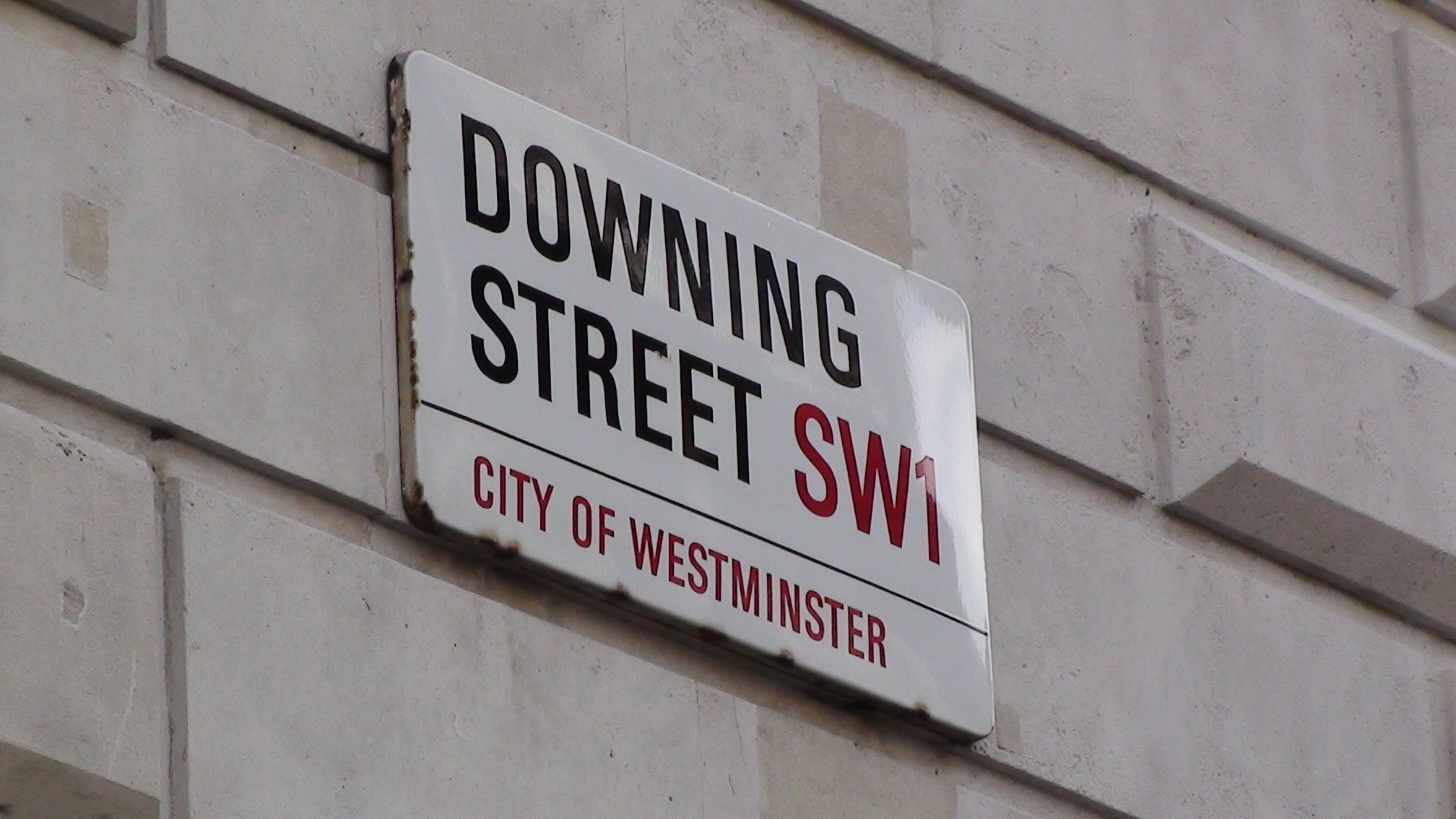The first budget of any new government is bound to attract wide attention from all communities, and the 2020 budget was no exception. Despite a murky economic canvas emerging from the coronavirus challenge, Rishi Sunak rose to the occasion with great modesty, but a message of confidence.
Mr Sunak’s underlying budget theme was one of pride. Pride in our communities, pride in our economy, pride in our country. It is a message we can all be reassured by. We are after all a nation of Shakespeare and Stephenson, Turing and Turner, Pankhurst and Potter.
The budget not only resisted the Cromwellian siege of populism that characterised the election campaign but in fact, it succeeded in deploying a legion of fiscal firepower to unclog the economic arteries of the north. Once the budget measures are enacted, the Chancellor will be able to observe the end of the patronising economic hegemony of London and the South-East, and he will know that the battle for regional renewal has been won, but that the war for an economic legacy if far from over.
The government’s budget was truly a one-nation budget. “Tax cuts, loans, and grants” was Mr Sunak’s message as he announced a £30 billion fiscal stimulus to support all sectors in all the country’s regions in the wake of the coronavirus threat. The budget also constituted National Insurance tax cuts for 31 million people, leaving those on the minimum wage roughly £5200 better off than before; easier access to benefits for the self-employed; the abolition, and in over 50% of cases in the hospitality sector, reduction, of business rates; £22 billion per year of funding for scientific research and development; increased taxes on pollution and plastic packaging, and a £1 billion investment into green transport.
The budget ended the European Union’s excessively interventionist tax rules, such as the so-called “reading tax” levied on books, newspapers and journals, both digital and printed. Mr Sunak quipped that historical fiction, textbooks and “fantasy books such as John McDonnell’s ‘economics for the many’” would now be free of EU regulation.
The budget loosened the spending taps and struck a conciliatory tone, but at the same time, Mr Sunak gave the public a palpable reminder of why Gordon Brown’s economic mismanagement necessitated tight fiscal rules in the first place. The budget deficit is now down to less than 2% per year – below the Office for Budget Responsibility’s recommended cap of 3%, and well below the 11% bequeathed to the Conservatives by the last Labour government.
In short, the budget promised rising environmental standards, but lowering emissions; incentives to work, but no cap on economic potential via a vitriolic tax on ambition; responsible borrowing, but sustained spending; support for those in hard times, but gratitude for everyone’s success. The budget was an incontestable victory for free-market liberty and individual accountability over the historically and globally unsuccessful alternatives. British capitalism is not only strong, but it is also thriving.
It was the measures for the north and devolved regions that garnered the most anticipation. Once again, the budget did not disappoint. Each area of the United Kingdom was promised its own treasury office and a share of the 22,000 Treasury civil servants that are to be moved out of London to focus on northern regeneration. West Yorkshire received a devolution settlement and the commitment to the Northern Powerhouse was shored up. For the first time in generations, counties and communities north of Birmingham have repatriated their economic fate from the city that governs them, and no longer shall the taxes of the many northern communities fund the private sector projects for the few in London – as they did under Tony Blair.
The scale of Mr Sunak’s spending plans is surprisingly large and practising the responsible fiscal policies that the Conservatives preach will soon become much more necessitated if excessive spending becomes a theme of his budgets. For now, however, the government has made a promising start and the budget will doubtless go down as one of the great restructuring budgets next to those that established the NHS and supply-side reforms in the 1940s and 1980s respectively.
Matthew Whiteley
Image: Wikipedia.

